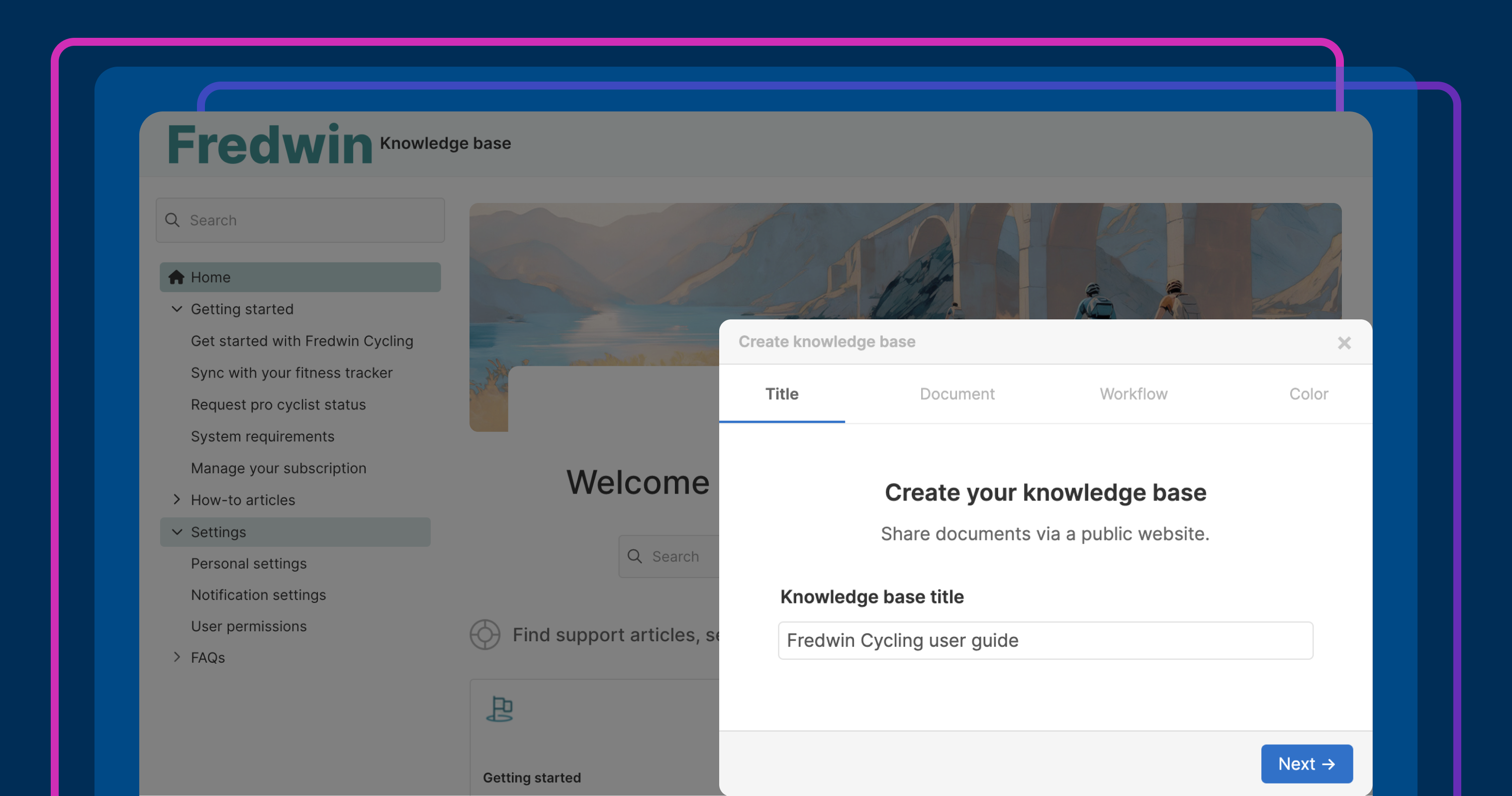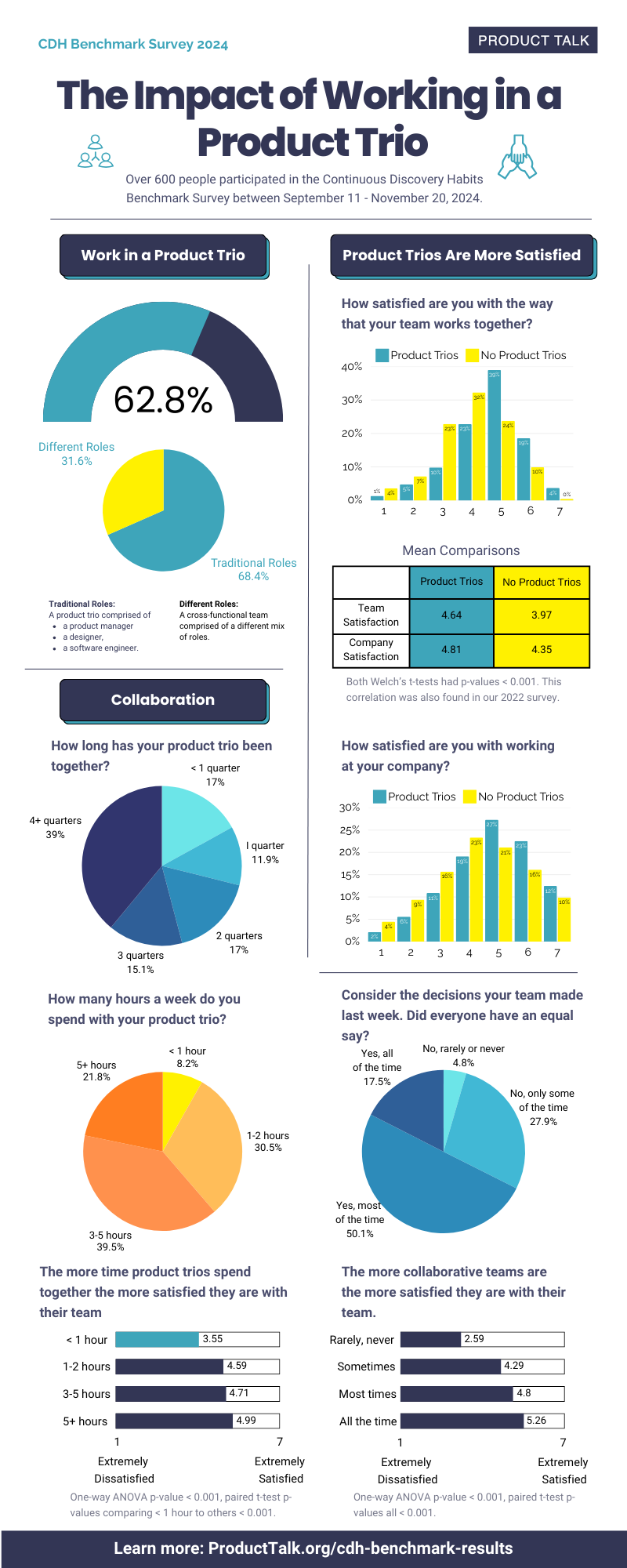employee isn’t clearing decisions with me, I don’t want baby gifts, and more
This post was written by Alison Green and published on Ask a Manager. It’s five answers to five questions. Here we go… 1. My employee isn’t clearing decisions with me and argued with me at a staff meeting I am the executive director of a nonprofit, without any formal management training. I raised $1.5 million last year and we now have some new staff people, including a male […]

This post was written by Alison Green and published on Ask a Manager.
It’s five answers to five questions. Here we go…
1. My employee isn’t clearing decisions with me and argued with me at a staff meeting
I am the executive director of a nonprofit, without any formal management training. I raised $1.5 million last year and we now have some new staff people, including a male technical expert who makes more money than I do (but reports to me). Today he got excited about attending a trade expo that I had previously considered and didn’t assign anyone to go to, because the demographics are on the young side for our program, so it’s not a top priority. My employee got invited by a buddy of his in the industry, announced he was going, and invited two other coworkers to go with him, without ever running it by me first. He did this on a Teams chat. Which I interrupted by saying I wasn’t planning to send anyone to this event. And when he argued on the chat, I said I’d like to speak with him directly. I need to calm down and figure out what to say before I talk with him.
My main thought is to ask to help me understand what his thinking is and why it seems so important for him to go, and then to ask what kind of return we might expect on that investment of his time. He just went last week to a conference that we had to pay $500 for, so he could network with employer partners. However, coming back, he said he didn’t really talk with anyone. Except one person, who is the same person who invited him to this next event. I could use some help thinking about how to hold him accountable, without being seen through the lens of sexism as a complete bitch.
Well, first, get the worry about being seen as a bitch out of your thinking as much as possible. It is a real thing for women in positions of power, but you will be a lot more effective if you don’t let that fear constrain you. Care about your relationships with people, of course, because that’s part of being an effective leader, but you can’t let that prevent you from having direct conversations with people. (And frankly, some people are primed to see women exercising authority as bitches no matter what you do, so you might as well just carry on with your job and get things done. Let the people who have a problem with that self-identify.)
As for this conversation: go into it open to the possibility that he just didn’t know how this works in your organization, since in previous jobs he may have had the authority to decide what events he was going to attend, could invite others, etc. Explain to him how it works in your org and for his job — that you want to talk through potential events before he signs up, and you should both be assessing them through a lens of the likely return on investment. Share your reasons for being skeptical about this one, ask for his perspective, and then go from there. You can also explicitly say that since he came back from the last one reporting he hadn’t spoken to anyone, you want to get better aligned about the goals for these events and what he’ll achieve there.
I think right now you’re approaching this as a challenge to your authority, but you’ll have better results if you approach it — at least initially — as just needing to get better aligned. The process of doing that will make your authority inherent without you needing to spell it out (and if that turns out not to be the case, it’ll highlight that there’s a bigger problem you need to address).
2. Manager is asking to see all the candidates for open jobs, but it’s my job to screen them
I work in HR as the recruiter for my small company. Recently, a director of a department has been asking to see the candidates before I process them. He has done this in two different times. I talked with my boss, and he never did it when my boss was in my current position.
I don’t know what I should do. Recently he demanded to see all the candidates for another position. I let him see them all but I feel that I am encouraging the behavior to continue. I want him to feel that I can do my job but I also want to put up a boundary because I work in HR, meaning I am dealing with sensitive information he isn’t allowed to see. What are your thoughts?
I’m on his side! Managers should be able to see all the candidates for any position on their team if they ask to; in fact, I’d encourage them to do that at least occasionally, because it’s a way to spot-check that they’re well aligned with whoever is doing the screening. It’s a way for you both to find out, for example, that you’re screening out people for lacking X when the hiring manager doesn’t actually care that much about X, especially when someone has Y, or all sorts of other things. You should want managers involved in this way, because it will help you refine your process; they will typically understand the nuance of what will make someone successful in the role in a way that someone outside their team won’t, so having their involvement is a good thing. There’s no sensitive information in applications that managers can’t be permitted to see. (I wonder if you mean answers to EEOC demographic questions, but those are required by law to be kept separate from applications anyway.)
That said, the fact that he’s asking to do this when he didn’t ask it of your predecessor likely means something. It could simply be that you’re new to the position and so he wants to be more involved until he’s confident you know how to screen well for roles on his team (totally reasonable if so). Or he could be concerned about the candidates you’ve been sending and so he’s gathering more info (also reasonable, but also something he should be up-front with you about). Or it could be something else — but start by assuming it’s a reasonable request. You can always ask him if there’s anything about way you’re screening for his jobs that concerns him.
3. Employees want to give me baby gifts, but I don’t want them
I’m currently pregnant with my second baby. My first was also born while I was working at this same company, but in the four years since he was born, I have moved up the ranks from an individual contributor to a director with 10 direct reports. Our company is also mostly remote — three of my team are hybrid in an office, but the rest of the team, including me, are remote.
When I was pregnant with my first, my boss at the time organized a virtual baby shower, which was nice, and two of my very close colleagues and my boss sent me nice (and unexpected) gifts.
This time around, I’ve had two of my direct reports specifically ask me for links to my baby registry, address, etc., as they want to give gifts. However, I do not want them to give gifts — especially after reading AMA for years, I know gifting up is a big no-no, especially since I know how much they all make and I don’t want them spending their hard earned money on me!
The most I’d accept would be a card, but I know if I give anyone my address, they will start sending gifts, even if I make it clear I don’t want any. As a result, I feel like I can’t even share my address with my team. I don’t want to seem ungrateful, but I need to find the right words to say, “I appreciate the thought, but please don’t.”
“It’s so kind of you to ask, but we are swimming in baby stuff from the first one, and just your well wishes are all I want!”
If you didn’t already have the first baby to lean on, you could use a slightly different formulation: “It’s so kind of you to ask, but my family went a little crazy and we already have more baby stuff than we need” or so forth.
Also, if your team has done virtual showers for other new babies, check in with whoever tends to organize those and make sure they know you don’t want one.
4. Can my salaried husband be switched to hourly pay?
My husband, “Bob,” has worked for many years for a very small company that provides a professional service to clients where the client is billed based on the hours of work provided, and there can be very busy crunch periods depending on the needs of the clients (think consulting). Bob’s job involves some billable work and some internal work for the company that can’t be directly billed to clients. All the work he does is highly skilled and requires specialized knowledge.
Up until recently, Bob has been paid a fixed salary. During crunch periods when there’s a deadline for a client, he can work very long hours, but during slow periods it can sometimes be a struggle to find enough work to do.
The company has not been bringing in as much business lately, leading the owner (his boss) to feel some financial stress. As a result, he’s asked Bob to move to an hourly pay structure. He wants him to “aim for” 30 hours a week, but the hours would be totally dependent on the amount of client work available for him. His boss is willing to guarantee him a minimum of 20 hours a week (as in, if there is zero client work, he can do up to 20 hours a week of non-client work), but beyond that, his workload is totally dependent on how much client work is available. If they are in a crunch period, he would still be expected to work as much as needed (and would be paid time and a half for overtime).
Bob does not love this set-up. He would actually be fine working a 30-hour a week schedule for three-fourths of his prior salary, but the system his boss has proposed puts him in a position where he never knows how much he will need to work in a given week, plus he is still expected to be responsive to clients whenever they reach out (typically multiple times a week) and be available for meetings as needed, so he can’t plan for his time off. Is this legal? And what is his best path for pushing back on this change?
Yes, it’s legal. It sounds like he’s changing Bob to a non-exempt status, where he’s paid by the hour (with a minimum of 20 hours guaranteed) and will earn overtime for anything over 40 hours in a week. If the boss weren’t offering the overtime pay, it would be illegal but since he is, it’s all by the book.
It sounds like the crux of the problem is that Bob is expected to maintain total availability each week, while potentially only being paid for 20 hours. If I were in Bob’s shoes, I’d look at how much overtime he’s likely to earn — if with the time and a half it’s enough that it works out close to what he was making previously, this might work out fine. But if the overtime won’t come close to making up for the pay cut, he can try pointing out that he’s being asked to hold complete availability from week to week without getting paid for it, and see if they can negotiate around that. If the company just isn’t bringing in the same revenue anymore, there might not be any room to negotiate and Bob may have to decide if he wants to stay under these new conditions or leave. But it’s reasonable to open a discussion about it.
5. How can I find out more about a job when the interview process is really short?
I’m a recently (illegally) fired federal employee, and some state and local governments have been doing amazing and much appreciated work to try to recruit federal employees, including job fairs and expedited hiring processes. I recently had an interview with an agency for a job that I became connected to through a job fair that sounds like a potentially good fit, but the interview was very short and left almost no time for my questions. Apparently the next stage in the process is to extend an offer.
I’ve never had such a short job application process and am wondering what the best move is to get more information to consider whether I would accept it if I were offered it. I’m used to having multiple interviews and opportunities to talk with staff/colleagues during the process. I was going to ask the HR person if I could set up additional time to chat with the hiring manager, but do I do so after I get the offer when I have more leverage? I’ve also separately been trying to find some potential colleagues through my networks to get a sense of the job but so far have not been successful. I appreciate any thoughts you have about the best way to approach this!
Yes, wait until you have an offer and at that point you can say, “Would it be possible for me to set up a call with the hiring manager before accepting? I have some questions about the role that I didn’t have a chance to ask at my interview.”



























































































![How One Brand Solved the Marketing Attribution Puzzle [Video]](https://contentmarketinginstitute.com/wp-content/uploads/2025/03/marketing-attribution-model-600x338.png?#)

![Building A Digital PR Strategy: 10 Essential Steps for Beginners [With Examples]](https://buzzsumo.com/wp-content/uploads/2023/09/Building-A-Digital-PR-Strategy-10-Essential-Steps-for-Beginners-With-Examples-bblog-masthead.jpg)











![How to Use GA4 to Track Social Media Traffic: 6 Questions, Answers and Insights [VIDEO]](https://www.orbitmedia.com/wp-content/uploads/2023/06/ab-testing.png)




![[HYBRID] ?? Graphic Designer](https://a5.behance.net/cbf14bc4db9a71317196ed0ed346987c1adde3bb/img/site/generic-share.png)




















